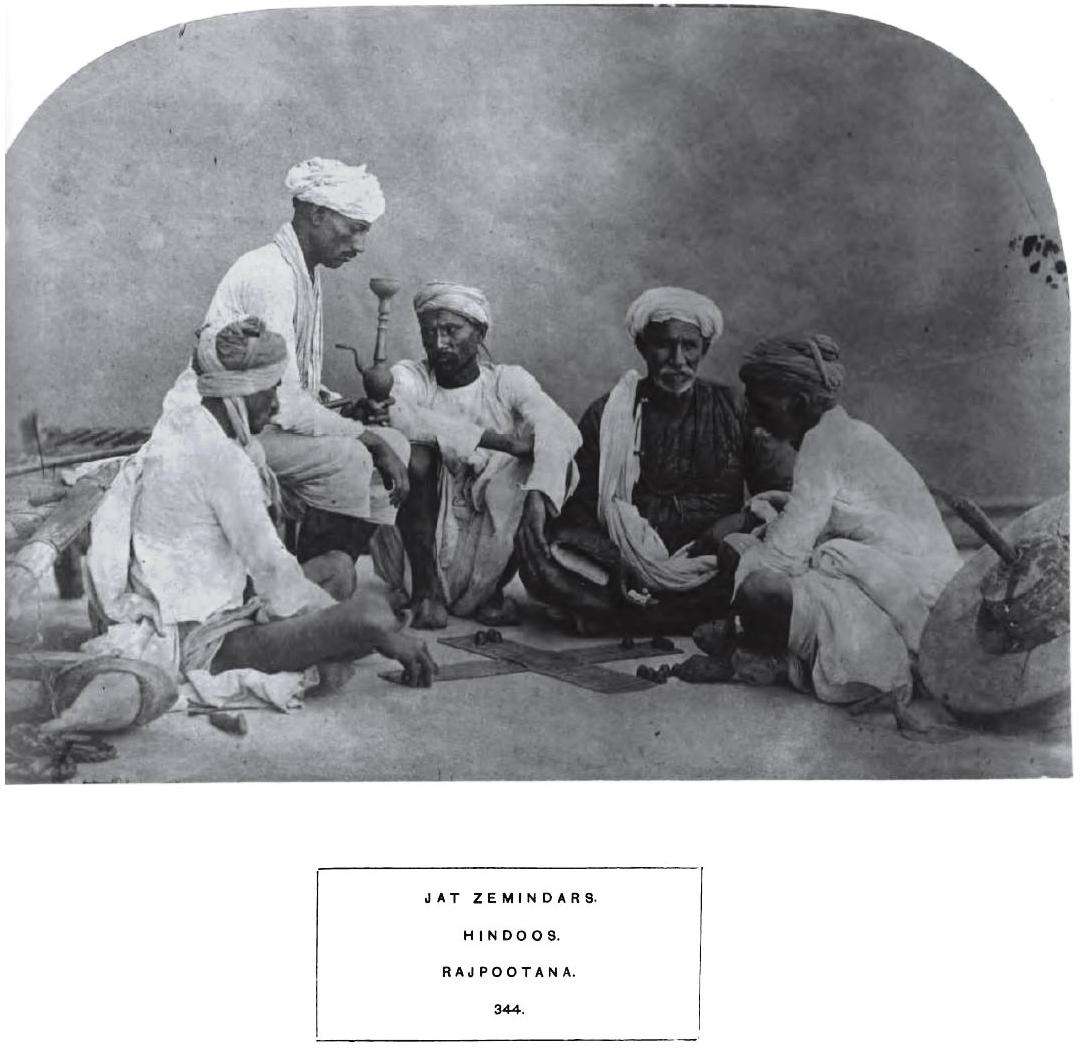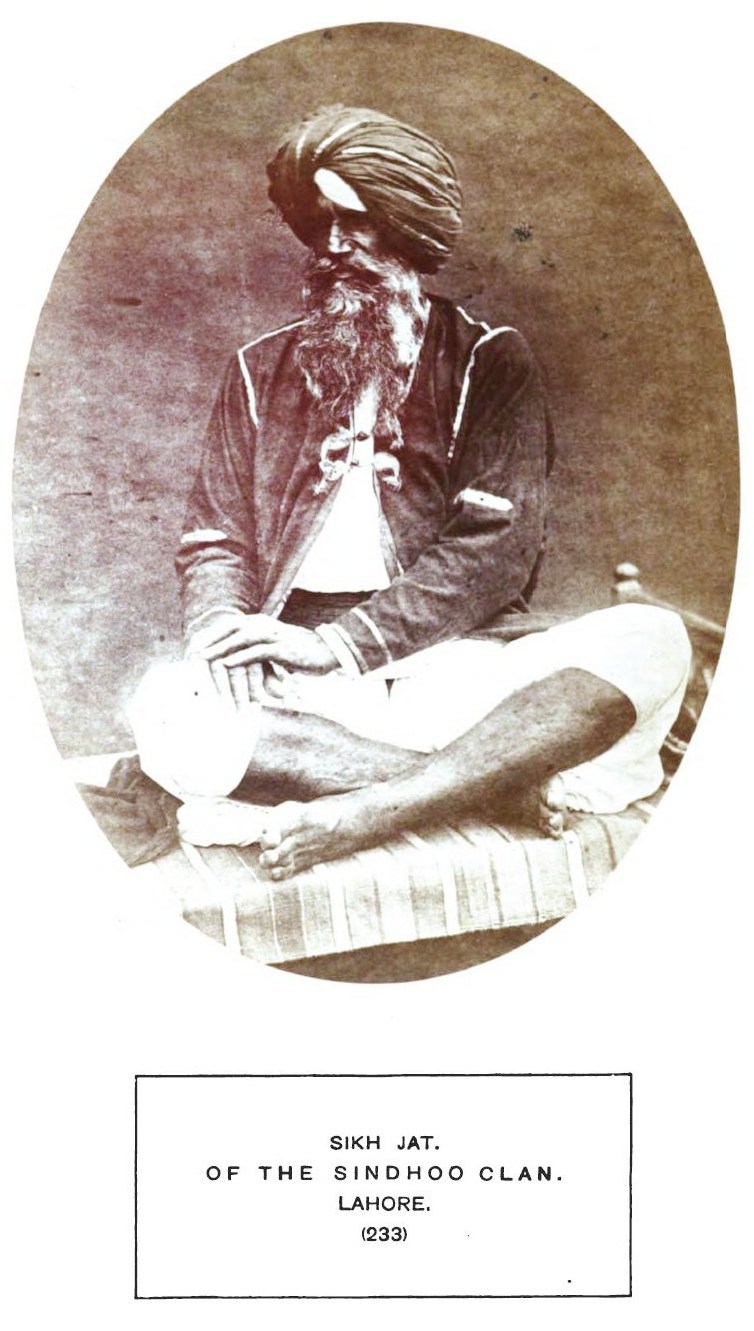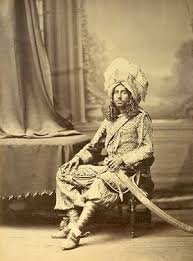|
Virk
Virk is a Jat clan. In India and Pakistan, it is used as a surname by the Jatt Sikhs and Jat Muslims. Notable people with the surname, who may or may not be affiliated to the clan, include: *Adnan Virk, Canadian television sportscaster *Ammy Virk Amninderpal Singh Virk, better known as Ammy Virk, is an Indian singer, actor and producer associated with Punjabi Music and subsequently in Punjabi and Hindi films. He started the production house Villagers Film Studio and a distribution compa ..., Indian Punjabi-language singer * Jani Virk (born 1962), Slovenian writer, poet, translator and editor * Kapur Singh Virk, Sikh warrior * Kuwar Virk, Indian singer * Kulwant Singh Virk (1921–1987), Indian poet, writer and civil servant * Manjinder Virk (born 1975), British actress, film director and writer * Tomo Virk (born 1960), Slovenian historian and essayist References {{Gotras of Jats Indian surnames Jat clans Jat clans of Punjab Pakistani names Punjabi-language surnames ... [...More Info...] [...Related Items...] OR: [Wikipedia] [Google] [Baidu] |
Ammy Virk
Amninderpal Singh Virk, better known as Ammy Virk, is an Indian singer, actor and producer associated with Punjabi Music and subsequently in Punjabi and Hindi films. He started the production house Villagers Film Studio and a distribution company In House Group. He is best known for playing the role of Nikka in ''Nikka Zaildar'' series, Shivjit in ''Qismat & Qismat 2'', Harjeet Singh in ''Harjeeta'', and Haakam in ''Angrej''. He started his acting career with the role of Hakam in the historical romance Punjabi film ''Angrej'' (2015) for which he won Best Debut Actor Award at PTC Punjabi Film Awards. Also, he had starred in other films including Bambukat, Ardaas, ''Nikka Zaildar'', Laung Laachi and ''Qismat''. Gurnaaz Kaur of The Tribune described Virk as Nikka as one of the most loved characters of Punjabi cinema. He is known for his Patiala-Shahi turban. His films ''Angrej'' and ''Qismat'' are two of the highest grossing Punjabi films of all time. He made his Bollywood debu ... [...More Info...] [...Related Items...] OR: [Wikipedia] [Google] [Baidu] |
Kuwar Virk
Kuwar Virk (born 21 October 1990) is an Indian music director, singer, rapper, and songwriter from Delhi, India. He made his debut as a rap artist in the year 2010 as D-Rap Blaster. His first commercial track was ''Nakhra'' featuring Mika Singh, Kaptan Laddi which was released in 2014. He made a major entry in Bollywood as a singer with song "Malamaal" from movie ''Housefull 3''. Early life Kuwar Virk is a Delhi-based artist. He learnt the art of music production in the year 2012 and 2013. Kuwar did his schooling from Guru Harkrishan Public School, Fateh Nagar, Delhi. Career Kuwar started his career in 2010 as Hip-Hop Rap artist. He was founder member of group ''D-Rap Blaster''. His first track was ''Nakhra'' featuring Mika Singh, Kaptan Laadi. This song was released in 2014 by Zee Music Company. Song promoted by Studio SOS And Raj Saini. Bollywood Kuwar Virk was one of the music programmers of song "Chittian Kalaiyaan" from movie ''Roy'' for Meet Bros. Kuwar got a major ... [...More Info...] [...Related Items...] OR: [Wikipedia] [Google] [Baidu] |
Adnan Virk
Adnan Virk ( ur, ) (born July 29, 1978) is a Canadian sportscaster for MLB Network and DAZN who previously worked for ESPN, TSN, and WWE. He also produces and hosts the weekly podcast ''Cinephile with Adnan Virk'' show covering cinema news and interviews with entertainment celebrities, as well as co-hosts the football podcast ''The GM Shuffle'' with former NFL executive Michael Lombardi. Early life Virk was born in Toronto, Ontario to Zakaria and Taherah Virk; his parents had immigrated to Canada from Pakistan. In 1984 the family relocated to Kingston, then in 1989 to Morven, a small town just outside Kingston, where his parents owned and operated a gas station and Zack's Variety store. After graduating from Ernestown Secondary School, where he played basketball and soccer, Virk studied Radio and Television Arts at Ryerson Polytechnical Institute. Career From 2003 to 2009, Virk hosted several programs on The Score, and was an associate producer for '' Sportscentre'' at ... [...More Info...] [...Related Items...] OR: [Wikipedia] [Google] [Baidu] |
Manjinder Virk
Manjinder Virk is a British actress, director and writer. She has appeared in the television series '' Holby City'' (1999), '' Doctors'' (2000), ''The Bill'' (2004), '' The Ghost Squad'' (2005), '' Runaway'' (2009), '' Skins'' (2010), '' Monroe'' (2011), '' Hunted'' (2012) and '' Midsomer Murders'' (2016 –2018). She has also written and directed the short films ''Forgive'' (2008) and ''Out of Darkness'' (2013), the latter of which she won Best of Fest award at the Aesthetica Short Film Festival. Early life Virk was born in Coventry, England. Her mother's name is Jasvir. She comes from a family of three children. She began acting at the Belgrade Youth Theatre in Coventry and went on to become artistic director of Pangram Dance Theatre with her brother, Hardish. She went on to earn a degree in contemporary dance at De Montfort University in Leicester. Career In 1999, Virk started off on the British TV series '' Holby City'', which was just the beginning of her television ca ... [...More Info...] [...Related Items...] OR: [Wikipedia] [Google] [Baidu] |
Kulwant Singh Virk
Kulwant Singh Virk (20 May 1921 – 24 December 1987) was an author who wrote mostly in Punjabi but also extensively in English. His short stories were translated into several other languages, including Russian and Japanese. Kulwant Singh Virk was born on 20 May 1921 in the village of Phullarwan, Sheikhupura district, Punjab Province, British India. Virk's writings have won several awards. In 1958 he won his first award for his short story compilation titled ''Dudh Da Chhappar'' (''A Pond of Milk''). He won the national Sahitya Academy Award in 1968 for his short story compilation ''Nave Lok'' (''New Folks''). He was also recognised by the Literary Forum of Canada in 1984 and acclaimed for his contribution to literature by the Punjab Sahitya Academy in 1986. After his retirement, Virk temporarily moved to Canada but returned to Punjab after a few months. He suffered a devastating stroke in 1987 and travelled back to Canada to receive medical care. As a result, he died on 2 ... [...More Info...] [...Related Items...] OR: [Wikipedia] [Google] [Baidu] |
Nawab Kapur Singh
Nawab Kapur Singh Virk (1697–1753) is considered one of the major figures in Sikh history, under whose leadership the Sikh community traversed one of the darkest periods of its history. He was the organizer of the Sikh Confederacy and the Dal Khalsa. Nawab Kapur Singh is regarded by Sikhs as a leader and general par excellence. Early life Nawab Kapur Singh was born into a Virk Jat family in 1697. His native village was ''Kaloke'', now in Sheikhupura district, in Punjab (Pakistan). Kapur Singh was eleven years old at the time of Guru Gobind Singh's passing on and nineteen at the time of the massacre of Baba Banda Singh Bahadur and his followers in Delhi. Later, when he seized the village of ''Faizullapur'', near Amritsar, he renamed it ''Singhpura'' and made it his headquarters. He is thus, also known as Kapur Singh Faizullapuria, and the small principality he founded, as Faizullapuria or Singhpuria. Initiation into the Khalsa fold Kapur Singh underwent amrit-initiatio ... [...More Info...] [...Related Items...] OR: [Wikipedia] [Google] [Baidu] |
Tomo Virk
Tomo Virk (born 31 May 1960) is a Slovene literary historian and essayist. Virk was born in Ljubljana in 1960. He studied Comparative literature and German language at the University of Ljubljana and works as a lecturer at the University. He was head of the Jury for the Kresnik Award
Kresnik is a literary award in Slovenia awarded each year for the best novel in Slovene language, Slovene of the previous year. It has been bestowed since 1991 at summer solstice by the national newspaper house Delo (newspaper), Delo. The awards c ...
< ... [...More Info...] [...Related Items...] OR: [Wikipedia] [Google] [Baidu] |
Jani Virk
Jani Virk (born 4 March 1962) is a Slovene writer, poet, translator and editor. He writes poetry, short stories, essays, novels and scripts and translates from German into Slovene. Virk was born in Ljubljana in 1962. He studied at the German and Comparative literature at the University of Ljubljana. During his studies, he worked in Chicago, London and Germany as a manual worker. In his youth, he trained for the Yugoslavian National Ski Team and he briefly worked as a ski coach. Later, he worked as an editor at the ''Literatura'' literary journal, the newspaper ''Slovenec'' and at the national broadcasting house. From 2010, he is the editor of the Drama department at RTV Slovenia. In 1999 he won the Prešeren Foundation Award for his collection of short stories Pogled na Tycho Brache (A View of Tycho Brahe). [...More Info...] [...Related Items...] OR: [Wikipedia] [Google] [Baidu] |
Jat Clans Of Punjab
The Jat people ((), ()) are a traditionally agricultural community in Northern India and Pakistan. Originally pastoralists in the lower Indus river-valley of Sindh, Jats migrated north into the Punjab region in late medieval times, and subsequently into the Delhi Territory, northeastern Rajputana, and the western Gangetic Plain in the 17th and 18th centuries. Quote: "Hiuen Tsang gave the following account of a numerous pastoral-nomadic population in seventh-century Sin-ti (Sind): 'By the side of the river.. f Sind along the flat marshy lowlands for some thousand li, there are several hundreds of thousands very great manyfamilies ..hichgive themselves exclusively to tending cattle and from this derive their livelihood. They have no masters, and whether men or women, have neither rich nor poor.' While they were left unnamed by the Chinese pilgrim, these same people of lower Sind were called Jats' or 'Jats of the wastes' by the Arab geographers. The Jats, as 'dromedary men ... [...More Info...] [...Related Items...] OR: [Wikipedia] [Google] [Baidu] |
Jat Clans
The Jat people ((), ()) are a traditionally agricultural community in Northern India and Pakistan. Originally pastoralists in the lower Indus river-valley of Sindh, Jats migrated north into the Punjab region in late medieval times, and subsequently into the Delhi Territory, northeastern Rajputana, and the western Gangetic Plain in the 17th and 18th centuries. Quote: "Hiuen Tsang gave the following account of a numerous pastoral-nomadic population in seventh-century Sin-ti (Sind): 'By the side of the river..f Sind along the flat marshy lowlands for some thousand li, there are several hundreds of thousands very great manyfamilies .. hichgive themselves exclusively to tending cattle and from this derive their livelihood. They have no masters, and whether men or women, have neither rich nor poor.' While they were left unnamed by the Chinese pilgrim, these same people of lower Sind were called Jats' or 'Jats of the wastes' by the Arab geographers. The Jats, as 'dromedary men.' w ... [...More Info...] [...Related Items...] OR: [Wikipedia] [Google] [Baidu] |
Jat People
The Jat people ((), ()) are a traditionally agricultural community in Northern India and Pakistan. Originally pastoralists in the lower Indus river-valley of Sindh, Jats migrated north into the Punjab region in late medieval times, and subsequently into the Delhi Territory, northeastern Rajputana, and the western Gangetic Plain in the 17th and 18th centuries. Quote: "Hiuen Tsang gave the following account of a numerous pastoral-nomadic population in seventh-century Sin-ti (Sind): 'By the side of the river..f Sind along the flat marshy lowlands for some thousand li, there are several hundreds of thousands very great manyfamilies .. hichgive themselves exclusively to tending cattle and from this derive their livelihood. They have no masters, and whether men or women, have neither rich nor poor.' While they were left unnamed by the Chinese pilgrim, these same people of lower Sind were called Jats' or 'Jats of the wastes' by the Arab geographers. The Jats, as 'dromedary me ... [...More Info...] [...Related Items...] OR: [Wikipedia] [Google] [Baidu] |
Jatt Sikh
Jat Sikh (also known by the more conventional endonym Jatt Sikh) is a sub-group of the Jat people and the Sikh religious group from the Indian subcontinent. They are one of the dominant communities in the Punjab owing to their large land holdings. They form an estimated 21%–25% of the population of the Indian state of Punjab. They form at least half of the Sikh population in Punjab, with some sources estimating them to be about 60%Taylor, S., Singh, M., Booth, D. (2007) Migration, development and inequality: Eastern Punjabi transnationalism. School of Social Sciences and Law, University of Teesside, Middlesbrough, UK; Department of Sociology, Punjab University, Chandigarh, India. to 66% of the Sikh population. History Initially, some Jats started to follow the teachings of Guru Nanak, which did much to remove social barriers created by the ''sāvarṇa'' caste society. Jats were previously indifferent towards deep religious affairs. While followers important to Sikh traditi ... [...More Info...] [...Related Items...] OR: [Wikipedia] [Google] [Baidu] |




